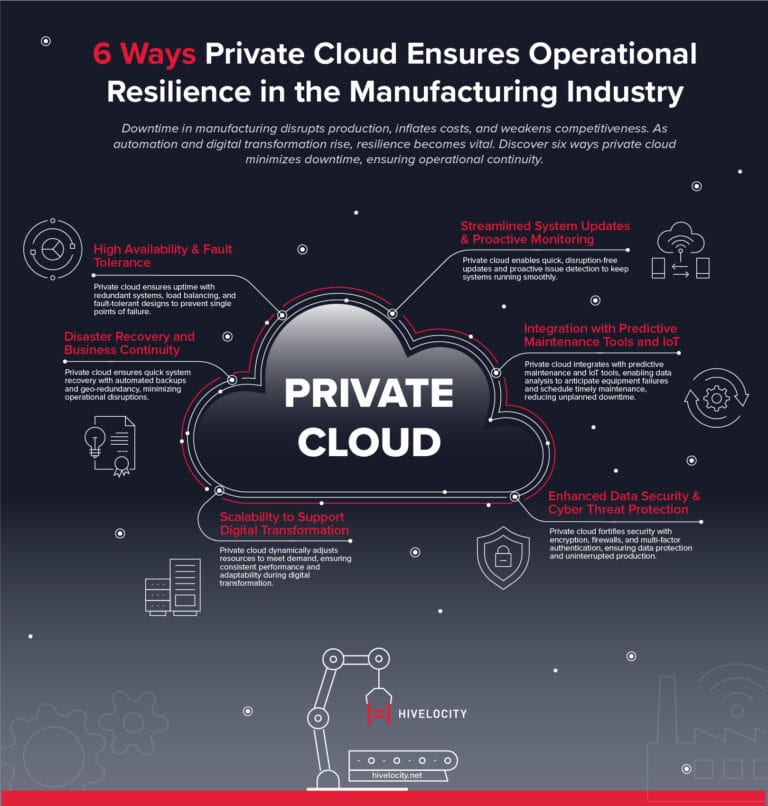
Enterprise Cloud vs. Public Cloud: Which is the Best Fit for Applications
Determining whether an application is best suited for enterprise or enterprise cloud depends on various factors, including security requirements, performance needs, compliance considerations, and cost considerations. Here’s a general guideline for which types of applications are often best run on each type of cloud:
5 Applications That Perform Best on Enterprise Cloud:
- Sensitive Workloads: Applications that handle sensitive data, such as personal or financial information, may be better suited for an enterprise cloud environment where the organization has more control over security and compliance measures, aligning with insights from the Cloud Protection Trends Report.
- Legacy Systems: Legacy applications that are not designed for cloud environments or require specific configurations may be better maintained on an enterprise cloud to avoid compatibility issues and ensure stability and performance.
- Regulated Industries: Industries subject to strict regulatory requirements, such as healthcare, finance, and government, may opt for an enterprise cloud to maintain compliance with data protection and privacy regulations, as well as to address specific audit and reporting requirements.
- Customized Workloads: Applications with unique or specialized requirements that necessitate custom configurations or dedicated resources may benefit from the flexibility and control offered by an enterprise cloud environment.
- High-Performance Computing: Workloads that require high-performance computing (HPC), such as simulations, modeling, and scientific research, may be better suited for an enterprise cloud with dedicated hardware optimized for performance.
5 Applications That Perform Best on Public Cloud:
- Web Applications: Public cloud platforms offer scalable and flexible infrastructure, making them well-suited for hosting web applications that may experience fluctuating traffic patterns.
- Development and Testing Environments: Public clouds provide on-demand resources that are ideal for development and testing purposes, allowing teams to quickly spin up environments, experiment with different configurations, and collaborate more efficiently.
- Content Delivery and Media Streaming: Public cloud providers often have globally distributed infrastructure and content delivery networks (CDNs), making them suitable for delivering content and media streaming services with low latency and high availability.
- Big Data and Analytics: Public cloud platforms offer scalable storage and computing resources, making them well-suited for processing and analyzing large datasets using tools like Hadoop, Spark, and other big data technologies.
- Collaboration and Productivity Tools: Applications such as email, document collaboration, and customer relationship management (CRM) systems can benefit from the scalability and accessibility of public cloud platforms, enabling remote access and collaboration from anywhere.
It’s important to note that these are general guidelines, and the suitability of a particular application for a public or enterprise cloud depends on the specific requirements and priorities of the organization. Many businesses also adopt hybrid cloud strategies, leveraging both public and enterprise cloud environments to optimize performance, scalability, security, and cost-effectiveness for their applications.


